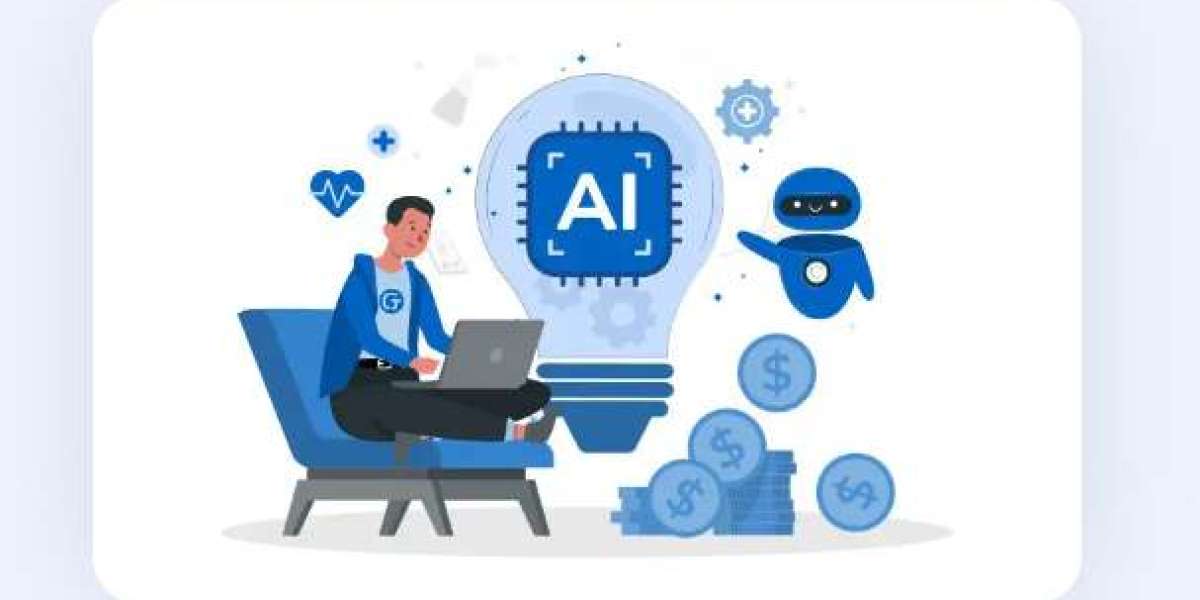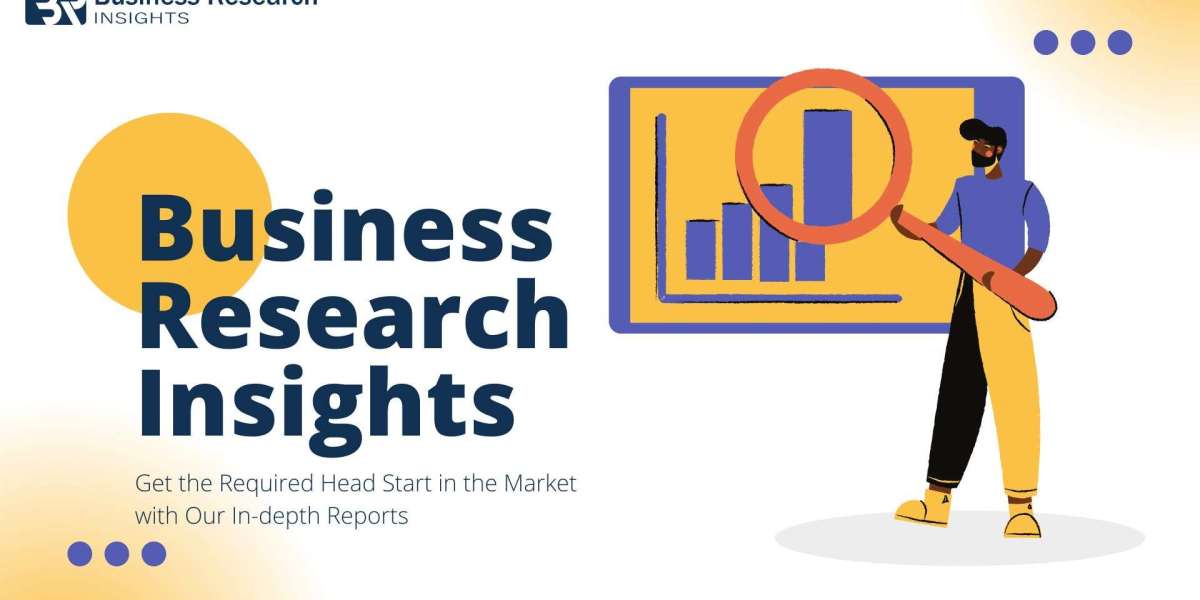Introduction:
In the dynamic landscape of business, staying competitive means embracing technological advancements. One such game-changer is Artificial Intelligence (AI). This article delves into the myriad ways AI revolutionizes operations, answering the crucial question: How does AI reduce costs?
Leveraging AI for Operational Excellence
Enhancing Efficiency through Automation
AI's prowess lies in automating repetitive tasks, freeing up human resources for more strategic activities. By incorporating AI-driven automation, businesses experience streamlined processes and reduced operational costs. Tasks that once demanded hours are now completed with precision and speed.
Smart Decision-Making with Predictive Analytics
In the realm of cost reduction, predictive analytics powered by AI takes the spotlight. Algorithms analyze historical data, offering insights that enable proactive decision-making. This not only minimizes unforeseen expenses but also maximizes resource allocation, resulting in significant cost savings.
Revolutionizing Cost Management Strategies
Precision in Resource Allocation
How does AI reduce costs in resource management? AI's ability to analyze vast datasets allows for precise resource allocation. Whether it's optimizing staffing levels or managing inventory efficiently, AI ensures resources are utilized to their full potential, minimizing wastage and associated costs.
Dynamic Pricing Strategies
AI empowers businesses to implement dynamic pricing strategies based on real-time market conditions. By analyzing market trends and consumer behavior, AI adjusts pricing dynamically, ensuring competitiveness while maximizing revenue. This adaptive approach can significantly impact a company's cost structure.
The Role of AI in Financial Optimization
Fraud Detection and Prevention
Financial losses due to fraud can be crippling. AI, equipped with advanced algorithms, identifies irregular patterns and anomalies, preemptively detecting and preventing fraudulent activities. This not only saves money but also safeguards a company's reputation.
Cost-Efficient Customer Support
AI-driven chatbots and virtual assistants revolutionize customer support, providing instant responses and solutions. This not only enhances customer satisfaction but also reduces the need for extensive human support teams, resulting in substantial cost savings.
How Does AI Reduce Costs in Specific Industries
Healthcare: Streamlining Processes
In the healthcare sector, AI streamlines administrative processes, reducing paperwork and administrative overhead. This efficiency translates to lower operational costs, allowing healthcare providers to focus more on patient care.
Manufacturing: Optimizing Production
AI in manufacturing enhances production efficiency by predicting equipment maintenance needs and optimizing production schedules. The result is reduced downtime, lower maintenance costs, and increased overall productivity.
Frequently Asked Questions (FAQs)
Q: Can AI benefit small businesses in reducing costs? AI is scalable and adaptable, making it beneficial for businesses of all sizes. Small businesses can leverage AI to automate tasks, optimize processes, and make informed decisions, contributing to significant cost reductions.
Q: How does AI impact job roles in organizations adopting this technology? While AI automates certain tasks, it also creates new roles focused on overseeing and enhancing AI systems. The evolution of job roles ensures a balance between human and AI contributions.
Q: Is implementing AI expensive for businesses initially? While there may be upfront costs, the long-term benefits of AI in reducing operational expenses far outweigh the initial investment. Businesses should view AI as a strategic investment in future efficiency and cost savings.
Q: Can AI-driven decisions replace human intuition entirely? AI augments human decision-making but cannot replace intuition and creativity. Human oversight is crucial to ensure ethical considerations, empathy, and nuanced decision-making.
Q: How does AI adapt to evolving business needs? AI systems are designed to learn and adapt. Regular updates and fine-tuning allow AI to evolve with changing business requirements, ensuring continued relevance and effectiveness.
Q: Are there ethical considerations in AI-driven cost reduction strategies? Ethical considerations are paramount. Transparency, fairness, and accountability must guide AI implementations to ensure responsible and ethical cost reduction practices.
Conclusion:
In the ever-evolving landscape of business, embracing AI is not just a choice but a necessity for cost-conscious enterprises. From automation to predictive analytics, AI is a powerful ally in the quest for efficiency and cost reduction. As businesses navigate the digital era, understanding how AI reduces costs becomes a strategic imperative.








